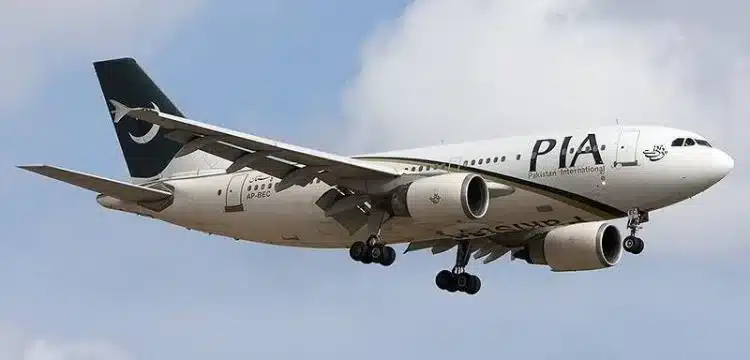[vc_row][vc_column][vc_column_text dp_text_size=”size-4″]Caretaker Privatization Minister Fawad Hassan Fawad has categorically dismissed rumors circulating about the state-owned Pakistan International Airlines (PIA) being sold to a foreign government. In an interview with a private news channel, Minister Fawad emphasized that such reports were being propagated by individuals with vested interests. He acknowledged the fiscal challenges faced by the state in operating PIA but clarified that all legal formalities for privatization had been completed, with the Privatization Commission diligently overseeing the process.
The minister assured that transparency was a top priority in the privatization process, involving consultations with representatives from the Civil Aviation Authority (CAA), as well as the ministries of education, law, and finance. Minister Fawad highlighted that the government was currently operating only profitable flights through PIA due to governance issues faced by the airline.
Read more : PIA Faces Concerns as Two More Employees Go Missing in Canada
Furthermore, he affirmed that the privatization efforts were in accordance with constitutional amendments introduced by the previous elected government. Minister Fawad also pledged that the federal cabinet would ensure that no PIA employee was unjustly deprived of their rights. He acknowledged that the mismanagement and appointment of individuals ill-equipped to handle the aviation industry contributed to the challenges faced by PIA.
It is noteworthy that calls for privatizing PIA were initiated during the Pakistan Democratic Movement regime, but the caretaker government has taken concrete steps in this direction. The Privatisation Commission (PC) Board has approved the appointment of the British multinational, Ernst & Young (EY), as a Financial Advisor for this purpose.
The primary obstacle in the privatization process currently lies in settling the substantial debts and liabilities, which amount to billions of rupees. Additionally, the airline’s spokesperson recently admitted that only half of the fleet is currently operational, underscoring the complex challenges faced by PIA.[/vc_column_text][/vc_column][/vc_row]











